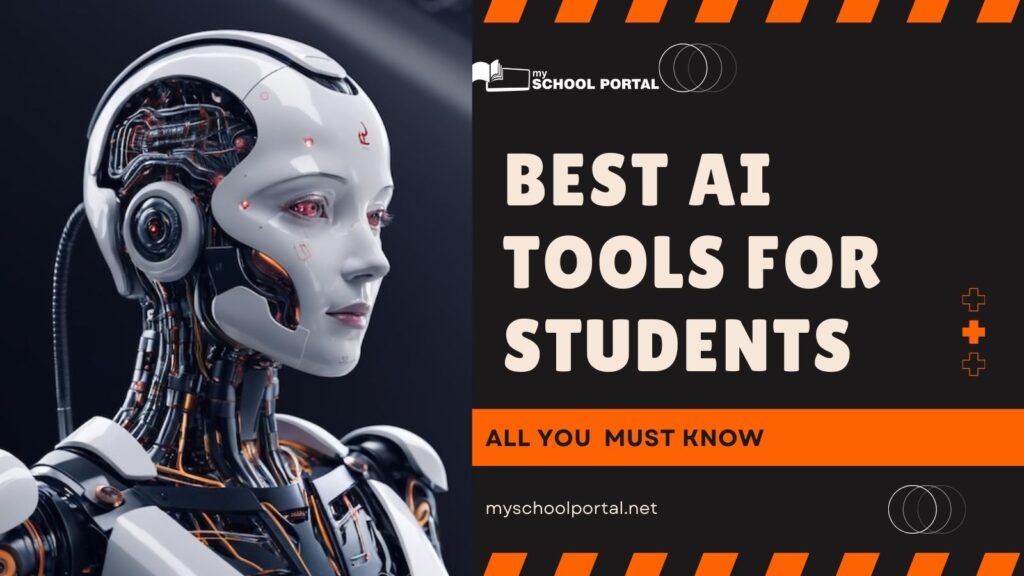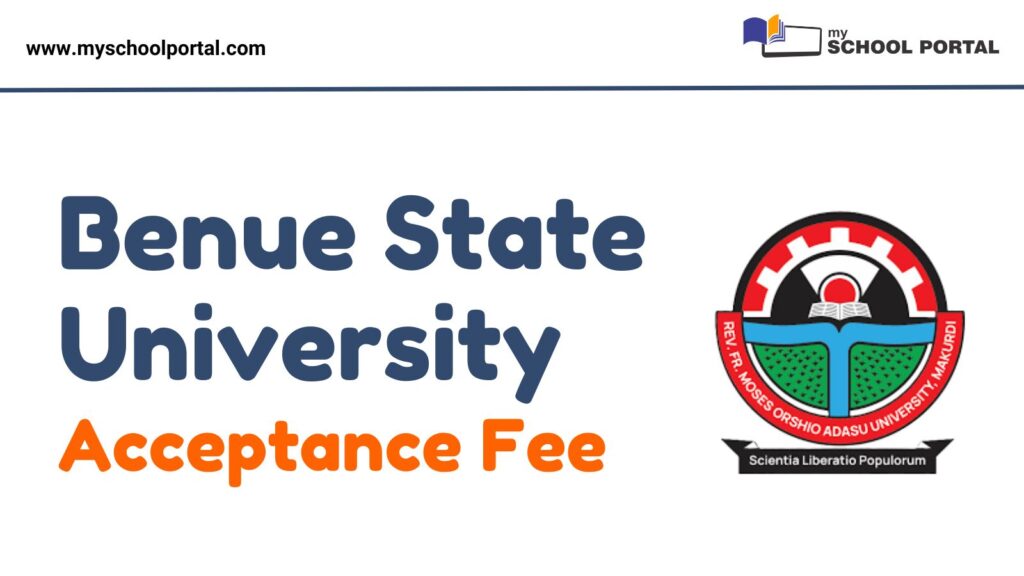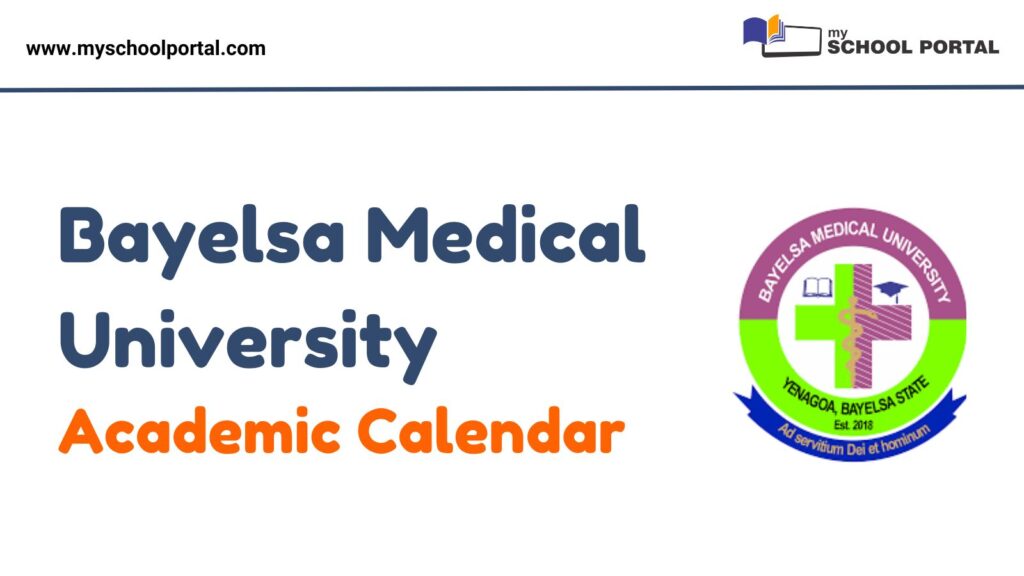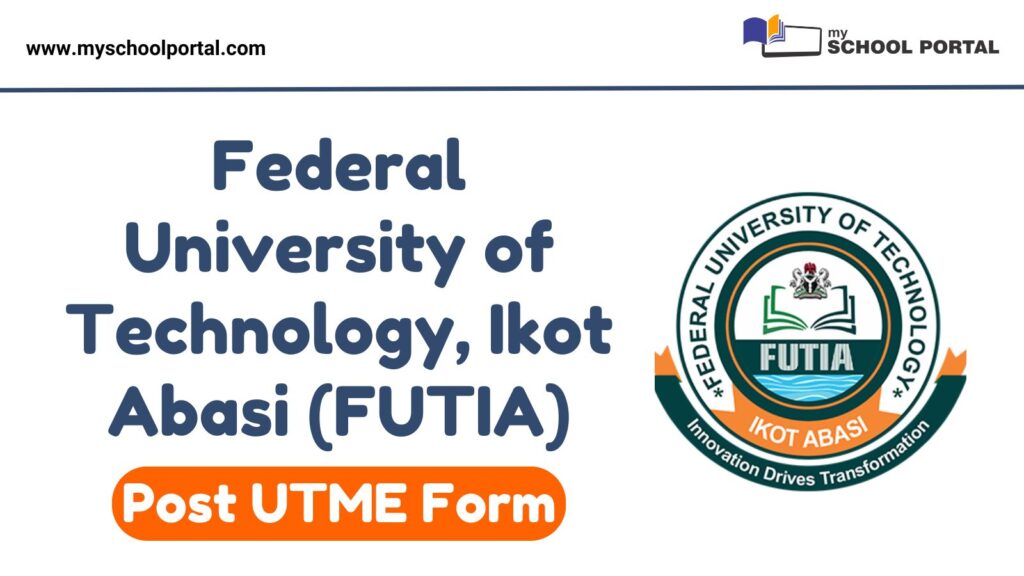Artificial Intelligence (AI) is transforming education, making learning more personalized, accessible, and engaging. With AI-driven tools, students can enhance their study habits, receive instant tutoring, and improve their academic performance. In this guide, we’ll explore the top AI tools for students, their benefits, and how they can revolutionize learning.
Why AI Tools Matter in Education
AI has reshaped traditional learning by offering tailored experiences that adapt to individual student needs. Whether through virtual tutoring, personalized study plans, or language-learning assistants, AI tools help students grasp complex topics at their own pace.
Key Benefits of AI in Education:
- Personalized Learning: AI adapts to students’ strengths and weaknesses, offering customized lessons.
- Enhanced Accessibility: AI-powered assistive tools support students with disabilities, such as text-to-speech and speech recognition software.
- Engaging Study Methods: Interactive AI-powered platforms, including gamified learning and virtual tutors, make education more dynamic.
- Improved Academic Performance: AI helps identify weak areas and provides targeted support for better retention and understanding.
Top AI Tools for Students
With AI-driven education tools, students can streamline their studies and achieve better results. Here are some of the most effective AI tools available today:
1. AI-Based Learning Management Systems (LMS)
AI-powered LMS platforms analyze student performance and recommend personalized study resources. These systems help track progress, highlight areas needing improvement, and automate administrative tasks, making learning more efficient.
2. AI-Powered Tutoring Tools
Virtual tutors act as digital mentors, offering real-time feedback, explanations, and adaptive lessons based on individual learning styles. These tools provide 24/7 academic assistance, making personalized learning accessible to everyone.
3. AI for Language Learning
AI-driven language apps enhance vocabulary, pronunciation, and grammar skills. They offer real-life conversation simulations, adaptive exercises, and instant feedback to help students master new languages effectively.
4. AI Writing Assistants
These tools refine students’ writing by checking grammar, suggesting better sentence structures, and improving readability. They help with essays, research papers, and general academic writing.
5. AI Study Assistants
AI note-taking apps summarize lectures, transcribe audio, and organize study materials efficiently. They help students retain information faster and manage their workload more effectively.
6. AI Research Tools
AI search engines and summarization tools quickly find relevant academic papers, summarize lengthy texts, and generate citations, saving students hours of research time.
7. AI-Powered Productivity Apps
From task management to scheduling, AI apps optimize time management, helping students stay organized and meet deadlines effortlessly.
How to Choose the Right AI Tool for Your Needs
When selecting an AI-powered learning tool, consider:
- Your Learning Style: Do you prefer interactive lessons, step-by-step tutoring, or self-paced study?
- Features: Look for tools offering adaptive learning, real-time feedback, and accessibility options.
- Ease of Use: Choose user-friendly apps with intuitive interfaces.
- Pricing: Some AI tools are free, while others require subscriptions—find one that fits your budget.
10 Best AI Tools for Students
Artificial Intelligence (AI) is transforming the way students learn, study, and complete assignments. Whether you’re looking to improve your writing, organize research, or get personalized tutoring, AI tools can significantly boost your efficiency and productivity. Below are the top 10 AI tools every student should consider.
1. Grammarly – AI-Powered Writing Assistant
Grammarly is a must-have AI tool for students who want to improve their writing skills. It detects and corrects grammar, spelling, punctuation, and style errors in real time. Whether you’re writing essays, research papers, or emails, Grammarly ensures your work is polished and professional.
2. Notion – All-in-One Study Organizer
Notion is an excellent productivity tool that combines note-taking, task management, and project planning in one platform. Students can use Notion to:
- Take lecture notes
- Create to-do lists
- Organize study materials
- Collaborate with classmates on group projects
3. Syntea – AI-Powered Teaching Assistant
Syntea, developed by IU International University of Applied Sciences, Syntea is an advanced AI learning tool designed to help students optimize their studies. It allows students to:
- Get instant answers to course-related questions
- Receive direct references to study materials
- Assess knowledge before and after courses
With Syntea, students can personalize their learning experience and improve their academic performance.
4. Gradescope – AI-Driven Grading System
Gradescope simplifies the grading process by using AI to evaluate assignments and exams. Students benefit from:
- Instant feedback on assignments
- Clear insights into performance and improvement areas
- A streamlined submission process for online coursework
5. ChatGPT – AI Study Companion
ChatGPT, developed by OpenAI, is a conversational AI chatbot that helps students with:
- Answering academic queries
- Explaining complex topics
- Conducting interactive study sessions
It serves as an AI tutor, making learning more accessible and engaging.
6. Tutor.ai – Personalized Online Tutoring
Tutor.ai connects students with expert tutors for one-on-one virtual sessions. It provides:
- Personalized learning assistance
- Help with difficult subjects and assignments
- Interactive tutoring tailored to student needs
7. Copyscape – Plagiarism Detection Tool
Academic integrity is crucial, and Copyscape helps students ensure originality in their work. It:
- Detects duplicate content online
- Verifies citations and sources
- Helps students avoid unintentional plagiarism
8. Otter.ai – AI-Powered Transcription Tool
Otter.ai is a speech-to-text tool that converts lectures, interviews, and discussions into written text. Students can:
- Record and transcribe class lectures
- Search for key points in recorded audio
- Save time by reviewing notes efficiently
9. DALL·E – AI for Visual Creativity
DALL·E, an AI model by OpenAI, generates unique images from text descriptions. This tool is especially beneficial for students in graphic design, digital arts, and creative projects. With DALL·E, students can:
- Generate high-quality visuals for projects
- Create concept art and design ideas
- Experiment with AI-generated imagery
10. Mendeley – Research & Citation Manager
Mendeley is a powerful tool for managing research papers and citations. It allows students to:
- Organize references for academic writing
- Generate citations and bibliographies in various formats
- Collaborate on research projects with peers
By incorporating these AI-powered tools into your study routine, you can improve efficiency, enhance your learning experience, and achieve academic success.
Choosing the Right AI Tool for Your Studies
When selecting an AI tool, consider:
- Compatibility: Ensure the tool integrates well with your existing systems and devices.
- Effectiveness & Reliability: Choose tools with positive reviews and proven success in academic settings.
- Limitations: AI tools should complement—not replace—critical thinking and human interaction in learning.
The Future of AI in Education
As AI technology continues to evolve, its role in education is expanding. More institutions are integrating AI-powered platforms to personalize learning, automate grading, and enhance research efficiency. The future of AI in education will likely include:
- Advanced Personalized Learning – AI will adapt study materials to fit individual student needs, providing customized learning paths.
- Enhanced Virtual Classrooms – AI tutors and chatbots will offer real-time support, making online learning more interactive.
- Automated Administrative Tasks – AI will streamline administrative processes, reducing workload for educators and improving efficiency.
- Improved Accessibility – AI tools will bridge language barriers, provide real-time transcription, and assist students with disabilities.
Striking a Balance Between AI and Traditional Learning
While AI tools are powerful, they should complement—not replace—human interaction and traditional learning methods. Critical thinking, creativity, and interpersonal skills remain essential in education. Educators and students should:
- Use AI as a supplementary tool for learning and research.
- Maintain academic integrity by using AI ethically and responsibly.
- Balance AI automation with personal effort to develop independent problem-solving skills.
Future Trends in AI for Education
The future of AI in education holds immense potential as technology continues to evolve. AI is expected to become an even more integral part of classrooms, reshaping the way students learn and interact with educational content.
Predictions for AI in the Classroom
- Intelligent Tutoring Systems – AI-driven tutoring platforms will provide highly personalized and adaptive learning experiences, catering to each student’s unique needs.
- Enhanced Online Learning – AI will revolutionize remote education, making learning more flexible and accessible, regardless of geographical location.
- AI-Powered Virtual Classrooms – Interactive AI tools will foster engagement and collaboration between students and instructors in online learning environments.
The Role of AI in the Future of Blended Learning
Blended learning—combining in-person and online education—has gained significant traction, especially after global shifts in education due to the COVID-19 pandemic. AI plays a vital role in improving the efficiency and effectiveness of this learning format.
How AI Enhances Blended Learning
- Automating Administrative Tasks – AI streamlines grading, scheduling, and assignment tracking, allowing educators to focus more on teaching.
- Personalized Learning Experiences – AI analyzes student progress, recommends resources, and provides tailored feedback to improve learning outcomes.
- Adaptive Study Plans – AI-powered tools can suggest study strategies based on students’ strengths and weaknesses, ensuring more effective learning.
Final Thoughts
AI is transforming education, making learning more personalized, engaging, and accessible. Whether through automated tutoring, adaptive study plans, or AI-powered classrooms, students can benefit from cutting-edge technology to enhance their academic success.
As technology advances, staying updated with AI developments will be essential for students aiming to maximize their learning potential. The key is to use AI wisely, ensuring it enhances—rather than replaces—traditional educational values.
By embracing AI in education, students can unlock new opportunities, improve their learning experiences, and prepare for a future driven by technology.
Related
Stay updated with the latest student resources and insights from My School Portal! Subscribe to our newsletter for fresh content delivered straight to your inbox—no spam, just value 😊














